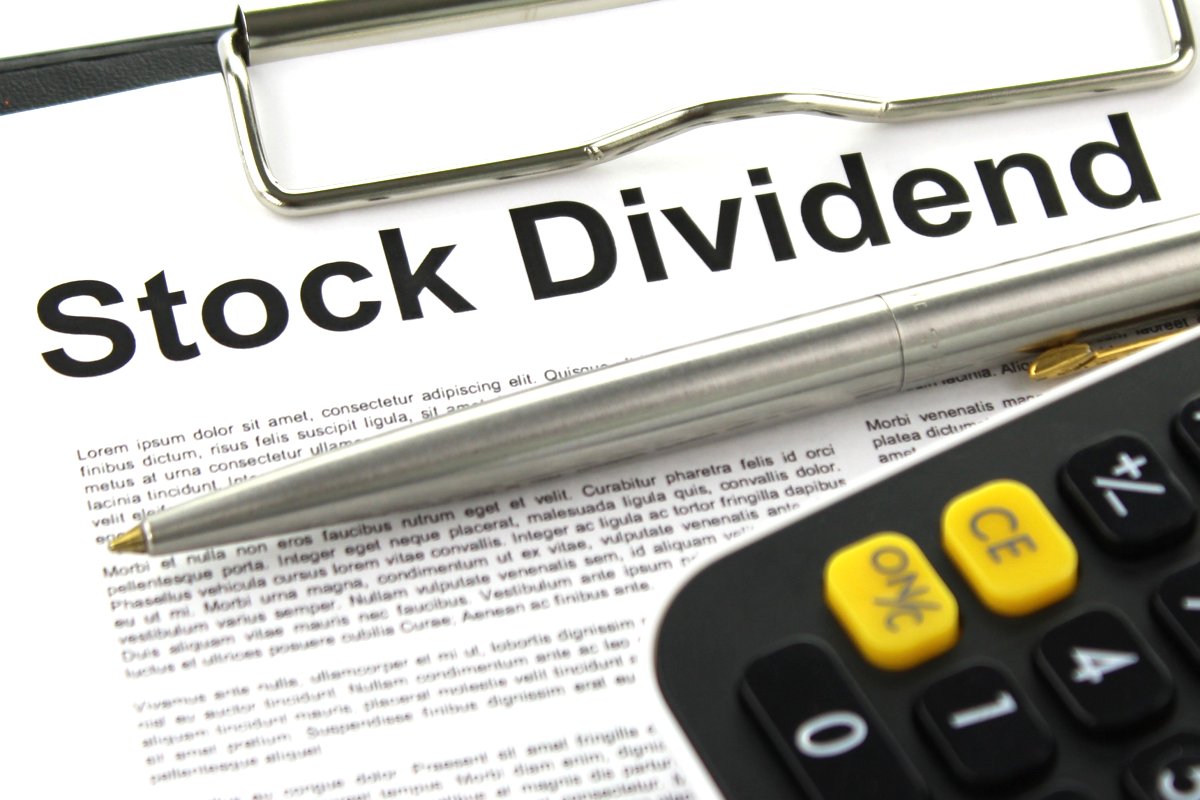Investing in the stock market can be a rollercoaster ride, with prices soaring and plummeting at the mercy of market forces. For investors seeking stability and consistent returns, defensive stocks with dividends are a reliable option worth considering.
In this article, we will delve into the world of defensive stocks and explore their benefits, characteristics, evaluation strategies, and more. If you’re interested in bolstering your investment portfolio with steady performers, read on to discover how defensive stocks with dividends can work for you.
Understanding the Concept of Defensive Stocks
Defensive stocks are companies that remain stable during economic downturns. They belong to industries providing essential goods or services, like utilities and healthcare. These stocks experience minimal revenue and earnings fluctuations since their products are always in demand, regardless of economic conditions.
Investors often turn to defensive stocks to preserve capital and minimize risk in turbulent times. Utility companies supplying electricity, gas, and water exemplify this stability, as do healthcare providers meeting ongoing medical needs.
Dividend payments are also common among defensive stocks, offering reliable income streams when interest rates are low. While investing in defensive stocks can provide some protection against market volatility, thorough research is necessary for informed decisions.
In summary, defensive stocks offer stability during economic downturns due to consistent demand for their essential products or services. Investors seek them to safeguard capital and minimize risk, particularly when seeking reliable income streams through dividends. Thorough research is vital before investing in these stocks.
Exploring the Benefits of Investing in Defensive Stocks with Dividends
Investing in defensive stocks with dividends offers several advantages. These stocks provide consistent income through regular cash payments made by companies to their shareholders. They also tend to have lower volatility compared to growth-oriented stocks, making them more resilient during market downturns.
Additionally, defensive stocks are known for their stability and reliability as they operate in industries that offer essential goods or services. Furthermore, investing in defensive stocks can provide long-term growth potential and diversification benefits within an investment portfolio.
Overall, these stocks offer investors a combination of income, stability, and potential for steady long-term appreciation.
Defining Defensive Stocks and Their Key Attributes
Defensive stocks possess key attributes that make them appealing to investors seeking stability. These attributes include steady cash flows, strong balance sheets, consistent dividend payments, and reliable earnings growth.
Defensive companies have stable revenue streams due to consistent demand for their products or services. They also maintain healthy financials with low levels of debt and ample cash reserves. Investors are attracted to defensive stocks because of their consistent dividend payments, making them suitable for income-oriented strategies.
Although they may not experience rapid growth like tech companies, defensive stocks exhibit steady and predictable earnings growth over time.
Different Types of Defensive Stocks and Their Suitability for Investors
Defensive stocks are a reliable option for investors seeking stability during uncertain economic times. These stocks can be categorized into three types:
-
Consumer Staples: Companies that produce essential household items like food, beverages, and personal care products. Examples include well-known brands such as Procter & Gamble or Coca-Cola.
-
Utilities: Power and water supply companies that offer essential services regardless of economic conditions.
-
Healthcare: Pharmaceutical companies, medical device manufacturers, and healthcare providers that have consistent demand regardless of economic fluctuations.
Investors should assess their risk tolerance and investment goals when selecting defensive stocks to incorporate into their portfolios. Diversifying across these categories can reduce overall risk and increase the likelihood of achieving long-term financial goals.
Factors to Consider When Selecting Defensive Stocks with Dividends
When selecting defensive stocks with dividends, consider the following factors:
-
Financial Stability: Evaluate the company’s financial statements for a strong balance sheet, reasonable debt levels, and sufficient liquidity.
-
Dividend History and Consistency: Look for companies that consistently pay dividends without interruptions or reductions, even during challenging economic times. Assess the dividend payout ratio to ensure earnings can support dividend payments.
-
Industry Analysis and Growth Prospects: Analyze industry trends, competitive position, market share, and potential for future expansion.
By considering these factors, investors can make informed decisions when selecting defensive stocks with dividends that align with their investment objectives.
Successful Examples of Defensive Stock Investments
Investing in defensive stocks can offer stability and income, even in challenging times. One example is Company X, a leading utility provider that has consistently demonstrated its defensive characteristics throughout economic cycles.
Its stock price remains stable during recessions, thanks to the essential nature of its services and consistent consumer demand. Another example is Company Y, a pharmaceutical company specializing in over-the-counter medications.
Despite economic downturns, its stock price shows resistance to major fluctuations due to the ongoing need for affordable healthcare options. These case studies highlight how investing in well-positioned defensive stocks can provide steady income and protection against market volatility.
Strategies for Maximizing Returns from Defensive Stocks with Dividends
Investors seeking to maximize returns from defensive stocks with dividends can implement two key strategies. The first is choosing between reinvesting dividends or receiving cash payouts. Reinvesting allows for compounding returns and potential capital appreciation, while cash payouts provide immediate income.
The decision depends on individual financial goals and circumstances.
The second strategy is dollar-cost averaging, which involves regularly investing a fixed amount regardless of stock prices. This approach buys more shares when prices are low and fewer shares when prices are high, mitigating market volatility and potentially enhancing long-term returns.
By implementing these strategies, investors can optimize their defensive stock investments and maintain a balanced portfolio approach.
Risks and Considerations When Investing in Defensive Stocks with Dividends
Investing in defensive stocks with dividends can provide stability and consistent income for investors. However, it is crucial to be aware of the potential risks involved to make informed investment decisions.
One consideration when investing in defensive stocks is comparing their growth potential to other types of stocks. While defensive stocks offer stability, they may not have the same level of high growth potential as technology or emerging market stocks.
Investors seeking substantial capital appreciation within short periods might find defensive stocks less appealing in this regard.
Another risk to analyze when investing in defensive stocks is interest rate fluctuations and inflation concerns. Changes in interest rates or inflation levels can impact the performance of these stocks.
For instance, rising interest rates may reduce the attractiveness of dividend yields, making other investment options more enticing for income-oriented investors. It’s essential to monitor these factors and consider their potential effects on your investment portfolio.
To mitigate these risks, diversifying your investment portfolio across different sectors and asset classes becomes crucial. By spreading your investments across various industries, you can minimize the impact of any specific sector’s performance on your overall portfolio.
Additionally, considering a mix of both defensive and growth-oriented stocks can help balance risk and potentially enhance returns.
In summary, while investing in defensive stocks with dividends offers stability and consistent income, it is important to consider their growth potential compared to other stock types and analyze interest rate risks and inflation concerns.
Diversifying your investment portfolio across different sectors and asset classes can help mitigate these risks effectively. By staying informed and making well-informed investment decisions, investors can navigate the world of defensive stock investments successfully.
[lyte id=’R_K0AaVrVsM’]







